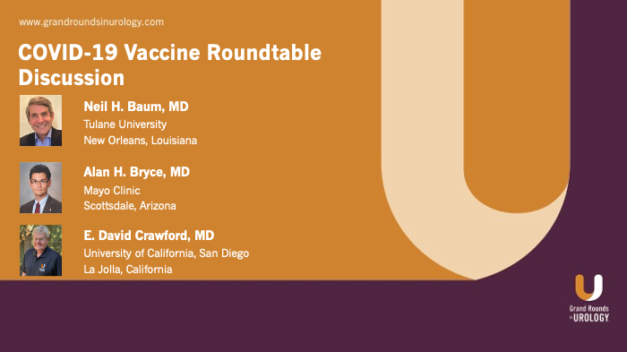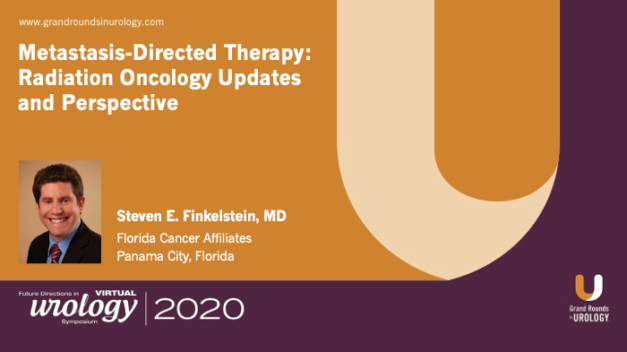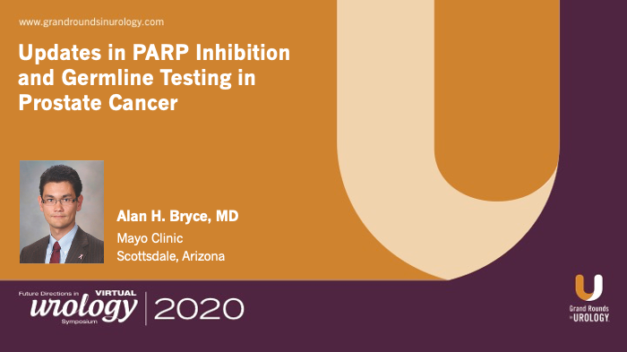Universal Germline Screening in Prostate Cancer: The Argument Against
Alan H. Bryce, MD, Medical Director of the Genomic Oncology Clinic at Mayo Clinic in Scottsdale, Arizona, argues against universal germline screening in prostate cancer in a point-counterpoint debate. While he agrees that identifying germline mutations is important and can have important implications for therapy and for patients’ families, Dr. Bryce observes that very few carriers are identified through germline testing. Approximately ⅔ of carriers are identified through family history-based screening, and while germline mutations are more common in men with metastatic cancer, they are uncommon in the total prostate cancer population. This means that among low- and intermediate-risk patients, 200-300 people must be screened to find one additional carrier, and among high-risk patients, approximately 50 people must be screened to find an additional carrier. Genetic testing costs money and takes up valuable counseling time, so Dr. Bryce argues that testing all patients is not a sensible allocation of resources.
Read More



